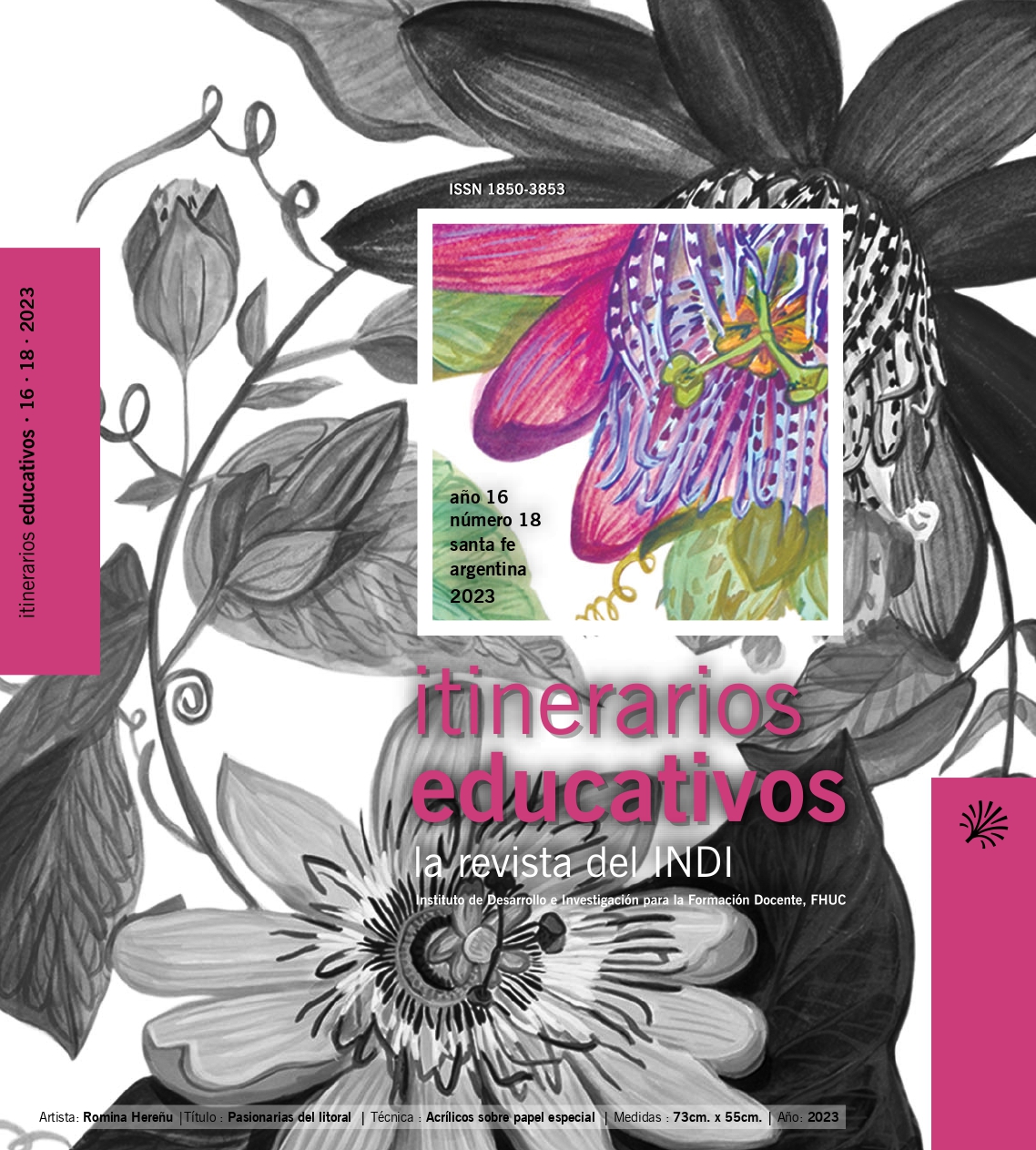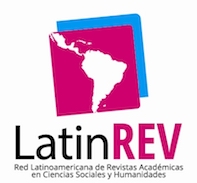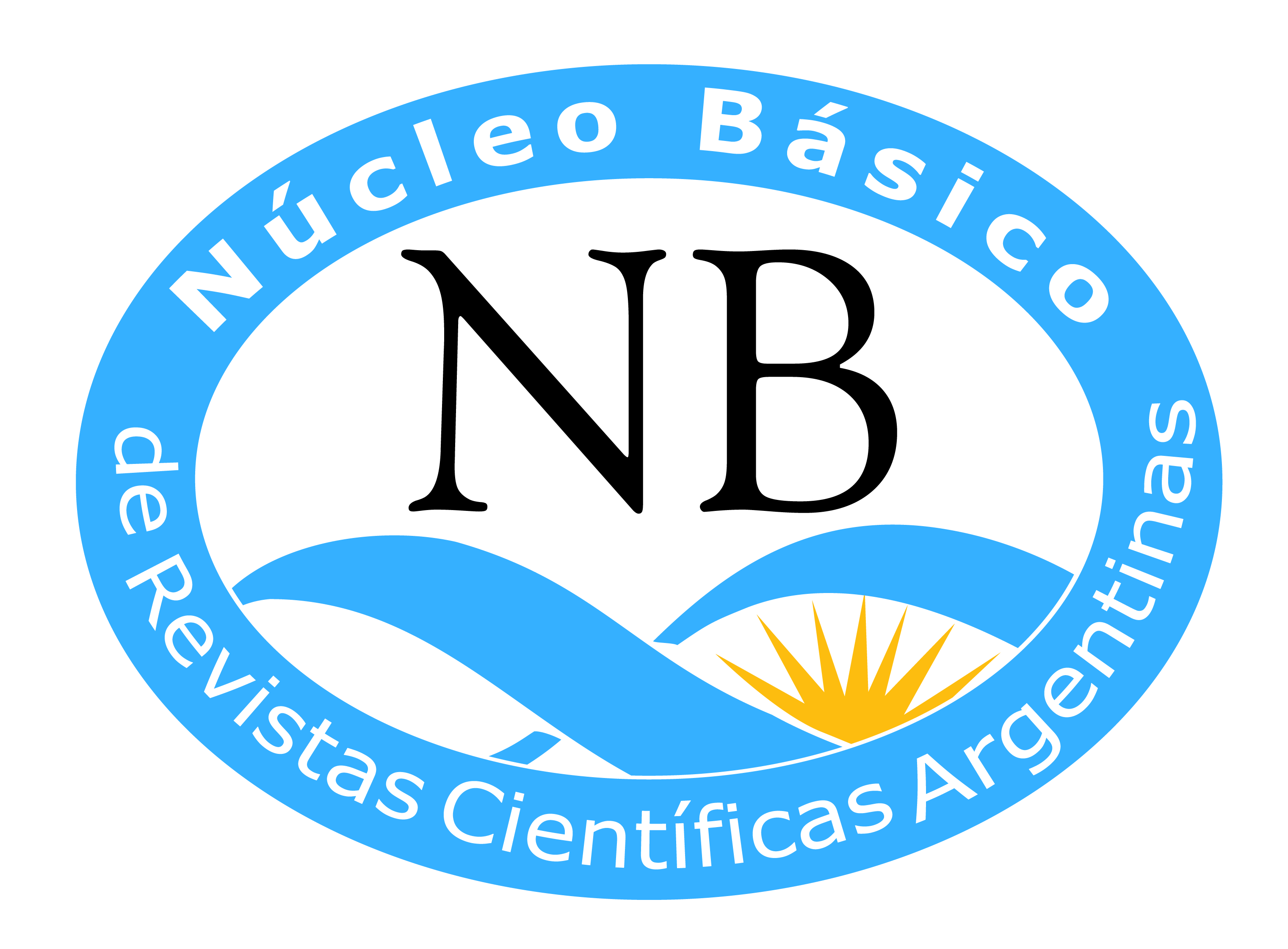Report of a training proposal: the Higher Education Virtualization Plan at the National University of Tres de Febrero (UNTREF) during the period 2020–2021
DOI:
https://doi.org/10.14409/ie.2023.18.e0050Keywords:
PlanVES– UNTREF, participatory planning, trainingAbstract
At the beginning of 2020, from the Covid–19 health emergency, universities had to readapt academic activities such as their daily institutional practices from a face–to–face format to the virtual modality, focusing mainly on teaching and learning processes. In this uncertain, problematic and indeterminate context, the proposal to develop the Higher Education Virtualization Plan (PlanVES) arises from the Secretary of University Policies of the Ministry of Education of Argentina. This proposal promoted the accompaniment to universities to strengthen their virtualization strategies during the pandemic context and in the post–pandemic period. The National University of Tres de Febrero decided to participate through an interdisciplinary team led by the Academic Secretary. For this, an action plan was developed specifically designed to account for the problems and needs of the institution. This paper presents part of the report on the design and planning of the Higher Education Virtualization Plan (PlanVES) that was carried out during the period 2020–2021 at UNTREF, recovering one of its objectives that has been the strengthening of teaching, learning and evaluation, both in contexts of face–to–face and virtuality or blended.
References
Altbach, P. (2008). Funciones complejas de las universidades en la era de la globalización. En La educación en el mundo (5-14). Ediciones Mundi-Prensa. Universitat Politécnica de Catalunya. Disponible en: http://upcommons.upc.edu/bitstream/handle/2099/7931/02%20%285–14%29.pdf?sequence=1&isAllowed=y}
Ezcurra, A. (2009). Educación Universitaria: Una Inclusión Excluyente. Buenos Aires: Universidad Nacional de General Sarmiento.
Memoria PlanVES (2021). Planificación participativa de la formación docente: un modelo de gestión en acción. UNTREF, Buenos Aires. https://educacionsuperior.untref.edu.ar/es/planificacion–participativa–de–la–formacion–docente
Mundt, C. et al. (2014, diciembre). Saber y saber enseñar. Ponencia presentada en el IV Congreso Internacional Nuevas Tendencias en la Formación Permanente del Profesorado. La formación del profesorado en el marco de las políticas educativas de democratización, equidad y calidad. Problemas, prácticas y desafíos. Buenos Aires.
Mundt, C. et al. (2015, octubre). La formación docente: la Especialización en Docencia Universitaria, una experiencia en proceso en la Universidad Nacional de Tres de Febrero. Ponencia presentada en el III Congreso Internacional Universidad, sociedad y futuro. Hacia una nueva reforma universitaria en América Latina. Buenos Aires. ISBN Nº 978–987–1889–70–9.
Mundt, C. et al. (2017). Especialización en Docencia Universitaria: una propuesta con eje en las carreras como objetos de formación y de estudio. Ponencia presentada al VIII Encuentro Nacional y V Latinoamericano La Universidad como objeto de investigación. la universidad como objeto de investigación: publicación de trabajos; compilado por Victoria Baraldi; Natalia Diaz; Mariana Andrea Perticará. - 1a ed compendiada. Santa Fe: Universidad Nacional del Litoral. Libro digital, PDF.
UNESCO (2014). Fostering Digital Citizenship through Safe and Responsible Use of ICT. https://en.unesco.org/icted/sites/default/files/2019-04/62_fosteing_digital_citizenship_through_safe_and_responsible_use_of_ict.pdf
Published
How to Cite
Issue
Section
License
Those authors who have publications with this magazine, accept the following terms:
The authors will retain their copyright and guarantee the journal the right of first publication of their work,
which will be simultaneously subject to the Creative Commons Recognition License that allows third parties to share
the work whenever its author and first publication this magazine.
Authors may adopt other non-exclusive licensing agreements for the distribution of the published work (eg, deposit
it in an institutional telematic file or publish it in a monographic volume) whenever the initial publication in this
journal is indicated.
Authors are allowed and advised to disseminate their work through the Internet (eg, in institutional telematic files
or on their website) before and during the submission process, which can produce interesting exchanges and increase
citations of the published work. (See The effect of open access).
















